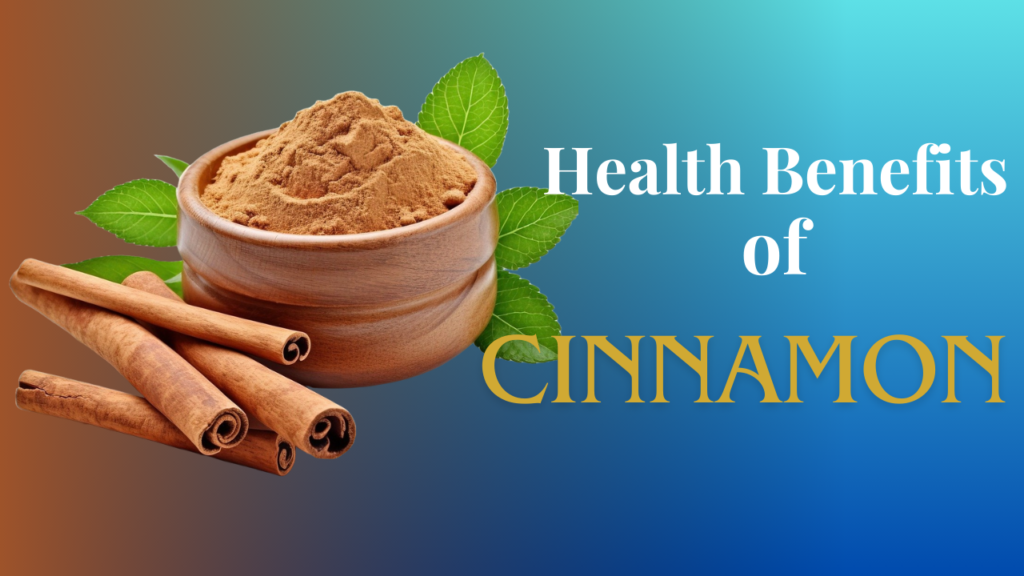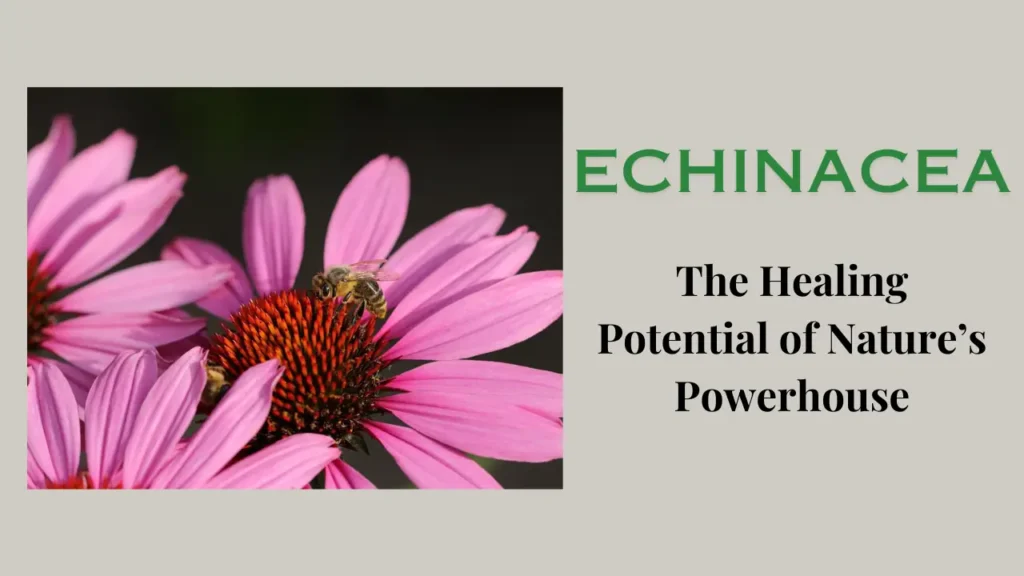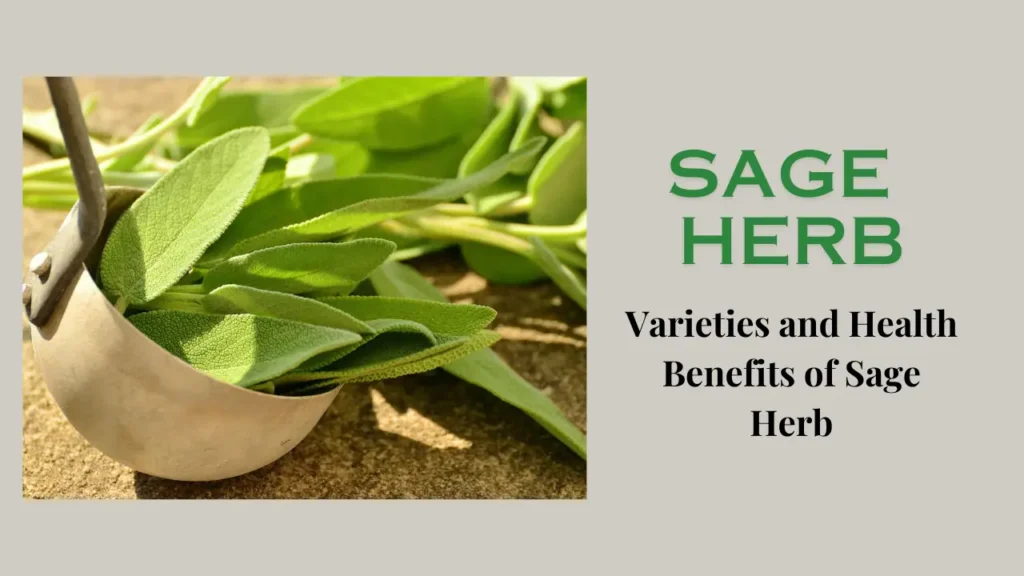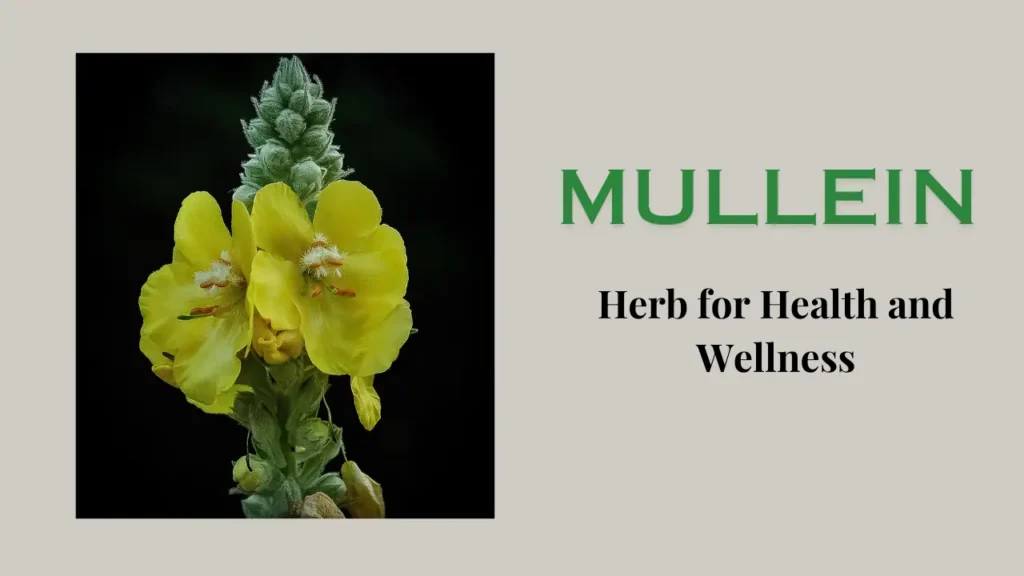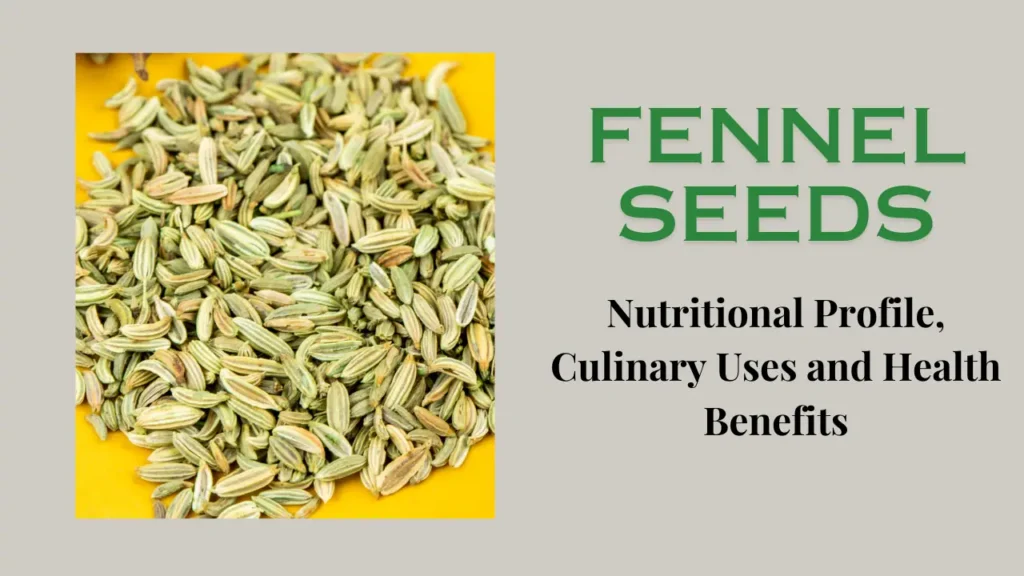Calendula is known as a pot marigold. It is a flowering plant which has many remarkable medicinal properties. Due to its properties, it has been worshiped for centuries. In this article, we will explain in detail the diverse uses, properties, medicinal benefits, and possible side effects of this plant.
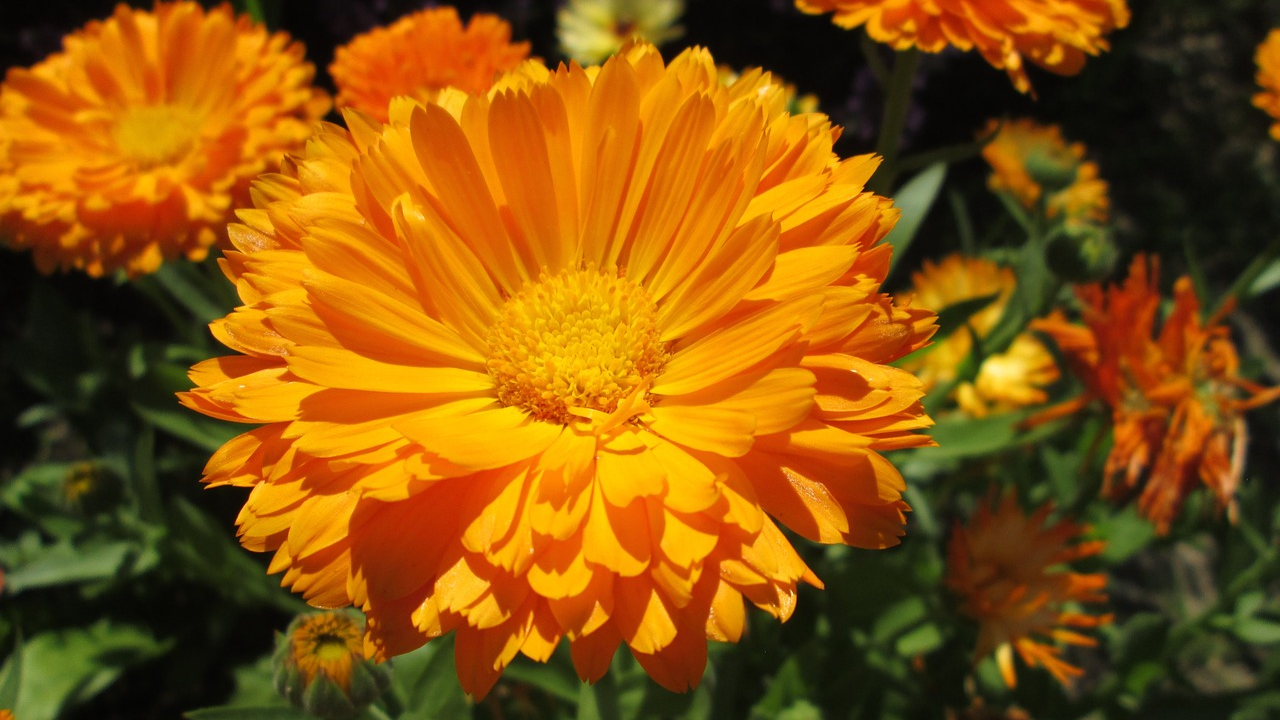
What is Calendula?
Calendula is scientifically known as Calendula officinalis. This herb plant is originally found in the Mediterranean region. This plant belongs to the daisy family and is famous for its vibrant yellow or orange flowers. The petals of this plant are dried and used in various herbal preparations.
Uses of Calendula
A. Culinary Uses
B. Skincare
1. Calendula has skin-soothing properties, which is why it is used in skin care products such as creams, lotions, and balms.
2. It effectively reduces dryness, inflammation, and irritation, benefiting conditions like eczema and dermatitis.
3. Its antiseptic properties also aid in wound healing and reduce the risk of infection.
C. Herbal Remedies
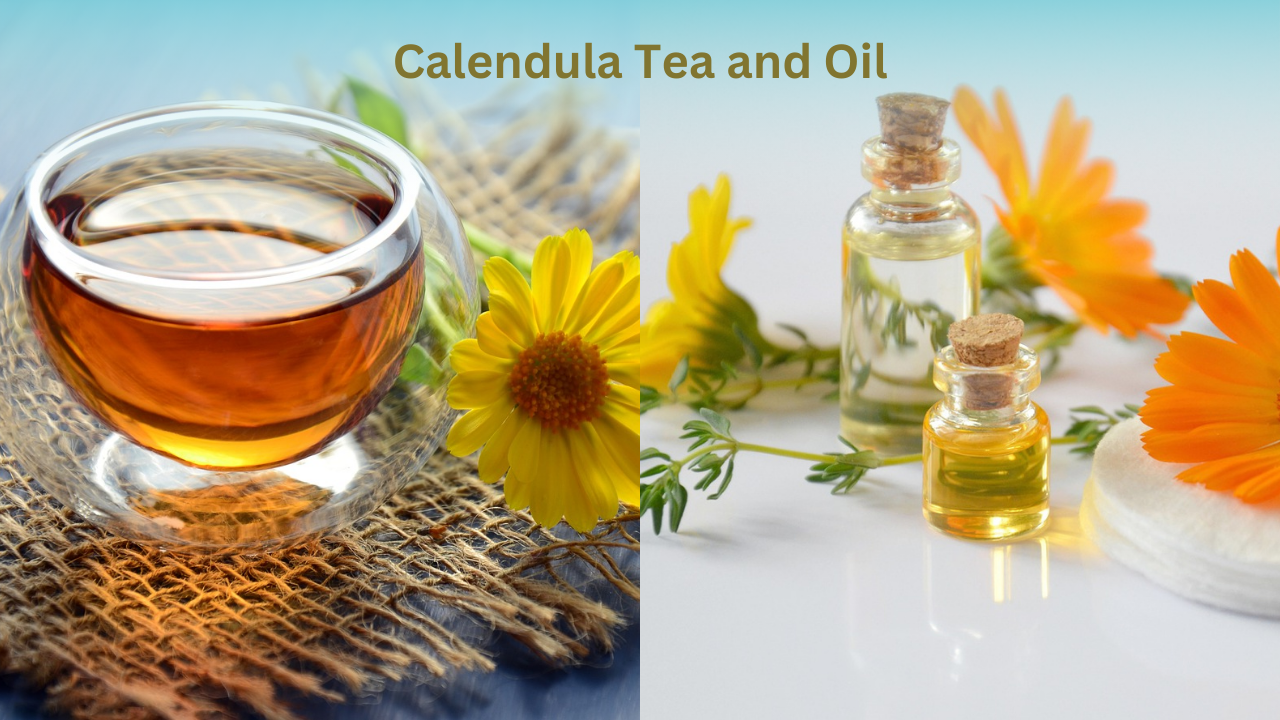
Properties of Calendula
1. Anti-inflammatory: These plants contain compounds that help reduce inflammation, making them a rich herb that manages joint pain and swelling.
3. Antioxidant: It is rich in antioxidants, which fight free radicals and protect the body cells from oxidative stress. These antioxidants contribute to the plant’s overall health-promoting effects.
4. Immunomodulatory: It has immunomodulatory properties, meaning it supports and regulates the immune system. This property helps increase the body’s defense mechanism against infections and diseases.
Read Also: Sage Herb
Medicinal Benefits of Calendula
i). Skin Health: Calendula’s skin-healing properties make it an excellent choice for addressing various skin conditions, including dryness, eczema, and psoriasis. It calms irritation, promotes skin regeneration, and improves overall skin health.
ii). Wound Healing: Its antimicrobial and anti-inflammatory properties reduce the risk of infection and help in wound healing by reducing inflammation. Calendula ointments and creams are often applied topically for rapid healing of minor cuts, burns, and abrasions.
iii). Digestive Health: Calendula has a long history of use in addressing digestive disorders, including ulcers, gastritis, and indigestion. Its soothing properties relieve digestive discomfort and promote a healthy digestive system.
Side Effects
i). Allergic Reactions: Some individuals may be allergic to calendula, especially those who are allergic to plants in the Asteraceae family, such as ragweed or daisies. Therefore, It is advisable to do a patch test before using its products on a large scale.
ii). Pregnancy and Breastfeeding: While calendula is generally considered safe, pregnant and breastfeeding women should consult their healthcare provider before using its products.
Conclusion
Calendula is a famous herb in herbal remedies, known for its vibrant flowers and remarkable medicinal properties. Its use in culinary applications, skin care products, and traditional medicine makes it a versatile and beneficial plant for many purposes. However, be careful of possible allergic reactions and consult a doctor before adding this to your routine.
Yes, it helps with itching caused by minor skin irritations, eczema, and insect bites. Its anti-inflammatory and soothing properties reduce irritation and promote healing. However, if itching is persistent or severe, consult a doctor, as it may be a more serious underlying condition.
Absolutely! These plants can be grown in containers. These plants grow well as long as they are provided with adequate sunlight, drainage, and water. For this, choose a pot at least 12 inches wide and deep and use good quality potting mixture. Make sure the pot drains well to prevent waterlogging.

